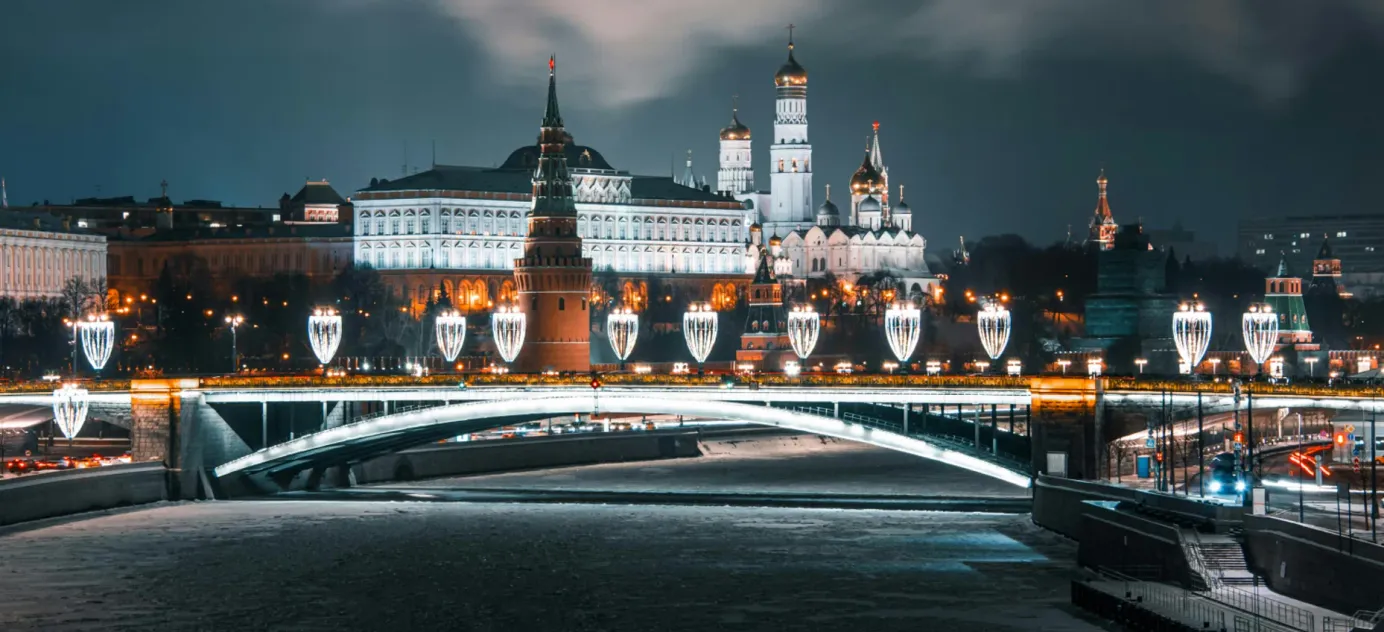
Prigozhin throws down another gauntlet to Shoigu and the General Staff
Yevgeny Prigozhin, founder of the Wagner Group, Russia’s main private paramilitary force, once again attacked the army’s General Staff and Defense Minister Sergei Shoigu. A new round of conflict broke out after Russia’s operations in Ukraine were placed under the command of Chief of the General Staff Valery Gerasimov. Prigozhin now blames Gerasimov and Shoigu for the fact that Wagner’s forces do not have the ammunition they need for battle.
- The public conflict between Prigozhin and the Russian military has rumbled on for months already. It escalated again in late 2022, when Wagner troops released a video in which they complained that the Defense Ministry gave them insufficient ammunition and called Gerasimov a “f****t” — a grievous insult in the Russian military. However, since then Gerasimov has seen ever-increasing evidence of Putin’s confidence — in January, Gerasimov replaced Sergei Surovikin as the commander of Russian forces in Ukraine. Meanwhile, Prigozhin’s problems continue to mount up.
- In mid-February, Wagner troops released a new video and again complained about a lack of ammunition. After that, Prigozhin said that his contacts “on high” hinted that Wagner would only get the shells if he apologized to the military top brass. Prigozhin refuses to do this. However, on Feb. 22, he published photos of the corpses of dozens of Wagner troops and directly blamed Gerasimov and Shoigu for their deaths. He claims they died because Wagner’s requests for shells were ignored, adding that this never happened under Surovikin.
- Prigozhin’s PR is built around his image as a true military leader, in the trenches alongside his men. He frequently appears on the front lines and in February even flew an Su-24 fighter jet on an alleged combat mission, later claiming he was almost shot down. He paints Russia’s military leaders as cowards mired in corruption. A typical example of his rhetoric: “I don’t rub your face in the fact that you eat your breakfast, lunch and dinner off golden plates, or send your daughters and granddaughters to Dubai while Russian soldiers are dying at the front. I’m just asking for more ammunition!”
- As recently as last fall, the military could safely ignore Prigozhin’s complaints; they can now no longer do so. The Defense Ministry responded with a press release which (without naming either Prigozhin or Wagner) insisting that the “exaggerated statements” about a lack of ammunition were untrue. The ministry’s “war correspondents” put forward their own account: apparently the shortage of shells is the same for everyone, but previously Wagner was given priority and now they “share a common pain.”
- Two days after this exchange, Prigozhin announced the shells he asked for had started to arrive. But the campaign against the Defense Ministry continued. Shoigu’s son-in-law, sports blogger and businessman Alexei Stolyarov, became the new target. One nationalist channel that regularly criticizes the Defense Ministry drew attention to the fact that Stolyarov liked an anti-war Instagram post from journalist Yury Dud. After that, the channel published screenshots of an exchange between one of its subscribers and Shoigu’s son-in-law, in which the latter called her “Z-cattle” and invited her to go to the front instead of asking him questions. It’s possible that this conversation could have been created in Photoshop. Prigozhin immediately weighed in: he urged Shoigu to send his son-in-law to fight with Wagner after “raping” him (Prigozhin used the word “to inflate,” a play on words with Dud’s surname). On the same day, pro-war Telegram channels started campaign under the hashtag #ShVO, calling for Shoigu to resign. But so far, this has not gained widespread traction.
Why the world should care
Back in the fall, we explained why Prigozhin’s influence should not be overstated. In this sense, little has changed: his public attacks on the Defense Ministry merely confirm that PR in the media and on social networks remain his biggest weapon against the military leaders with a direct link to Putin. Now, though, the military has little choice but to contend with Prigozhin and respond to him in public. The subject matter behind this beef is no less relevant: suddenly, no one is seriously denying that Russia’s frontline troops are short of ammunition.





